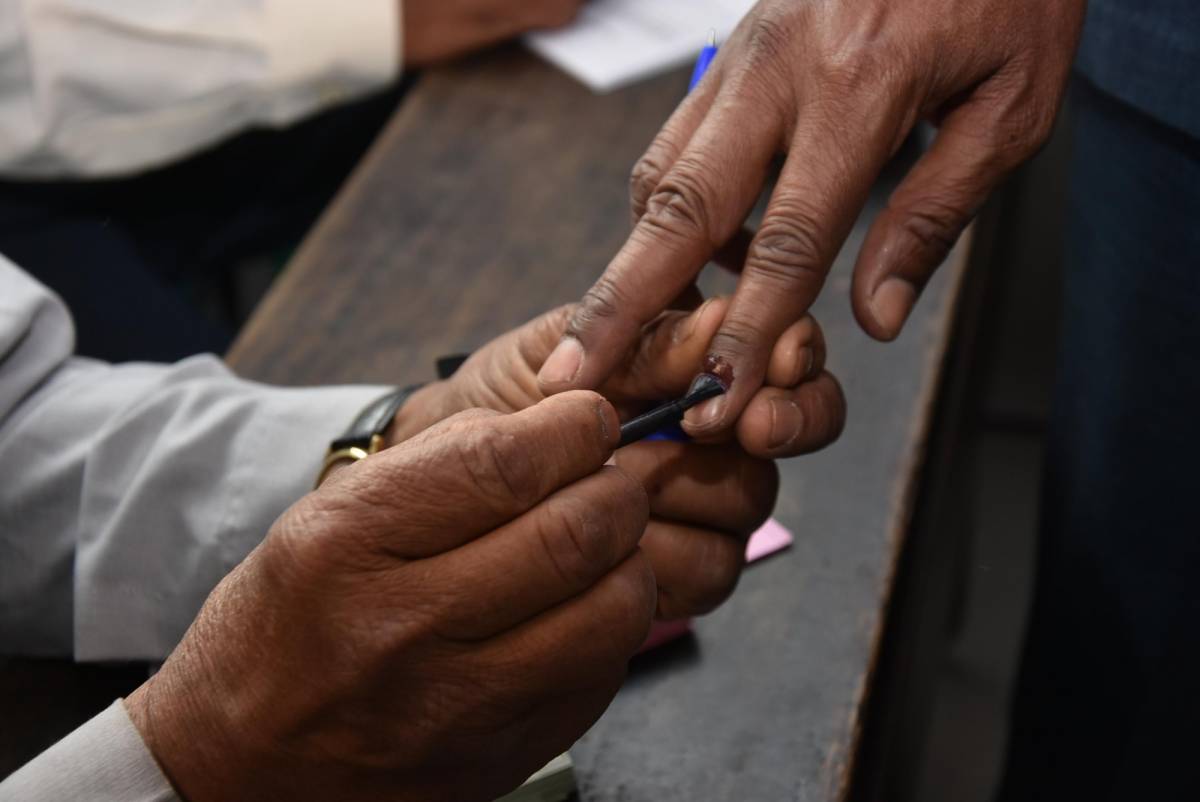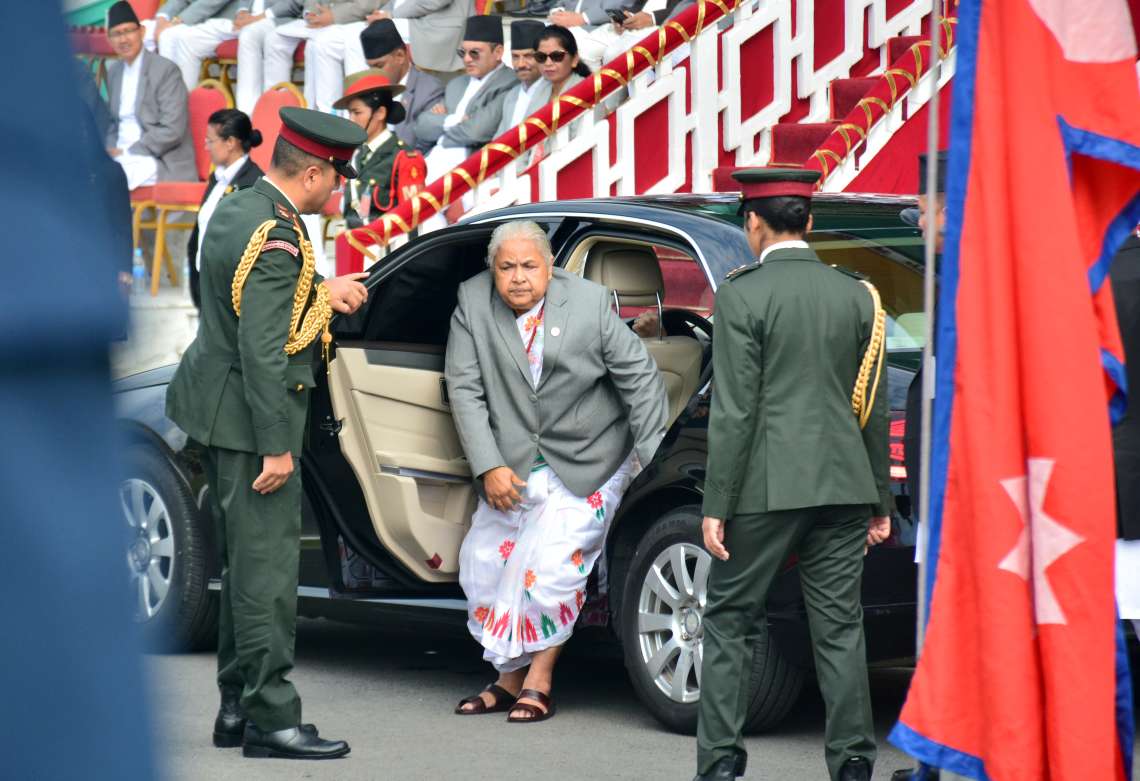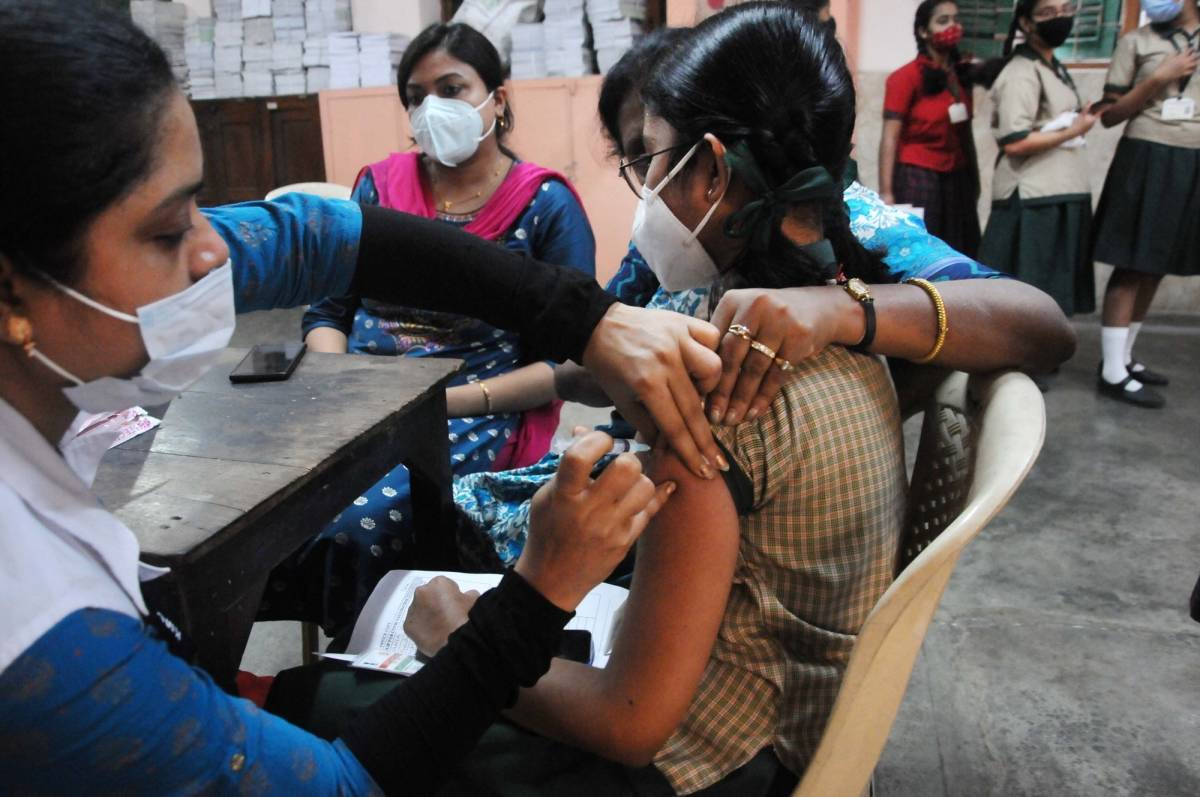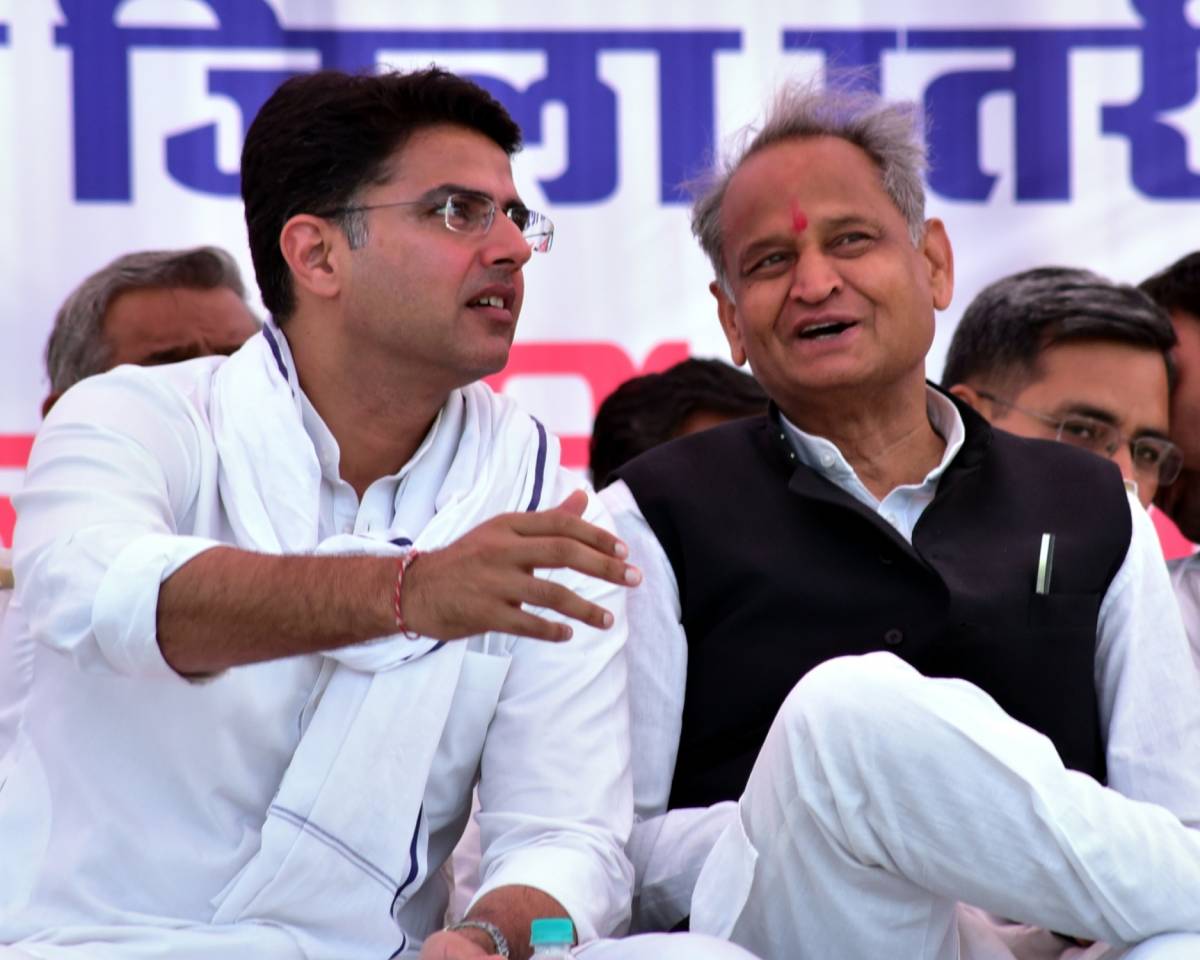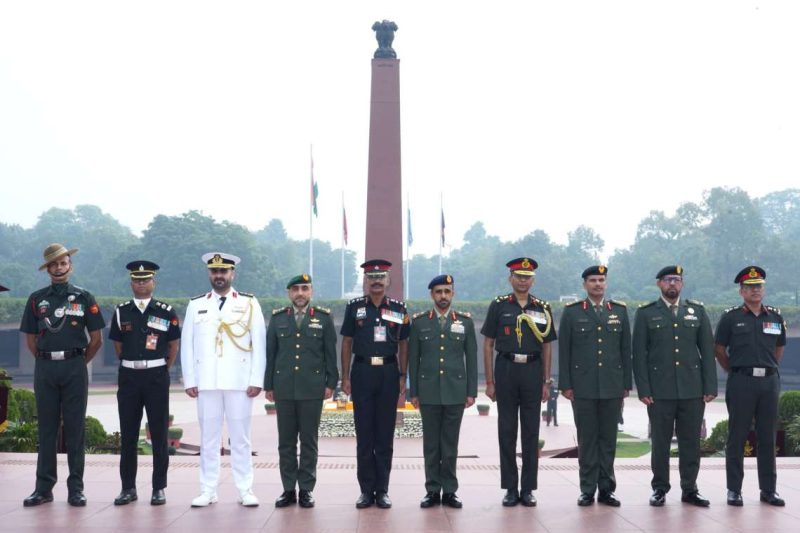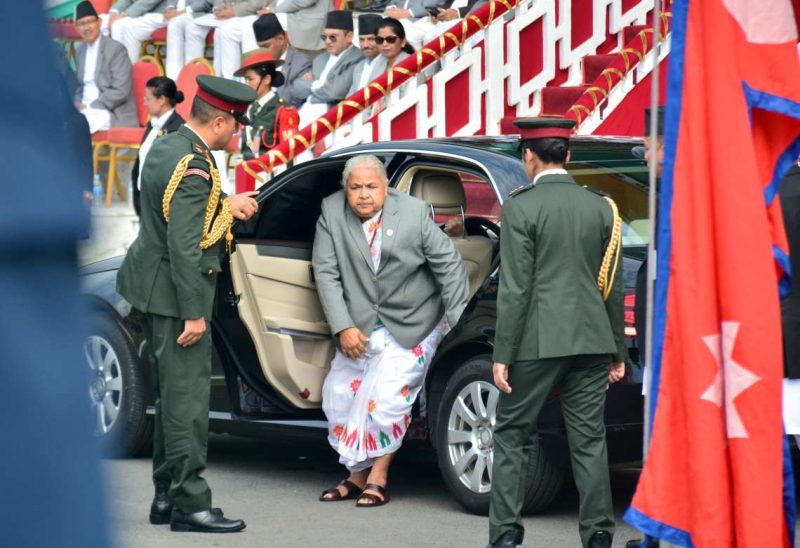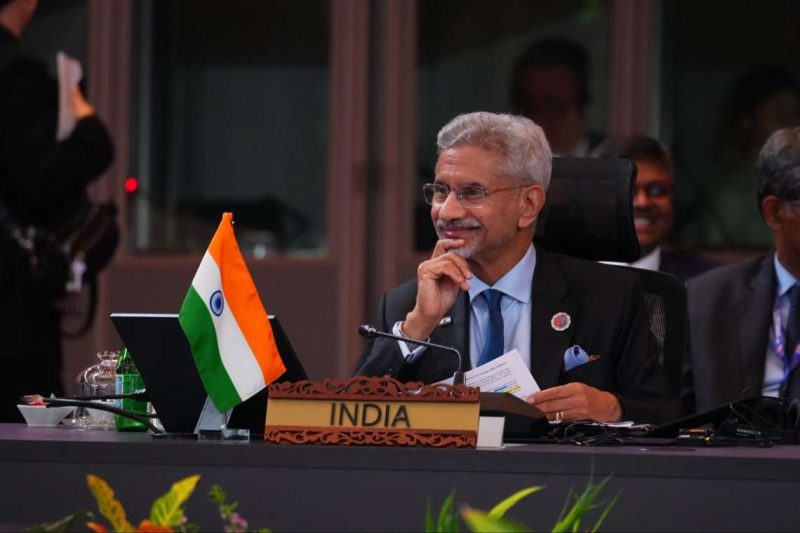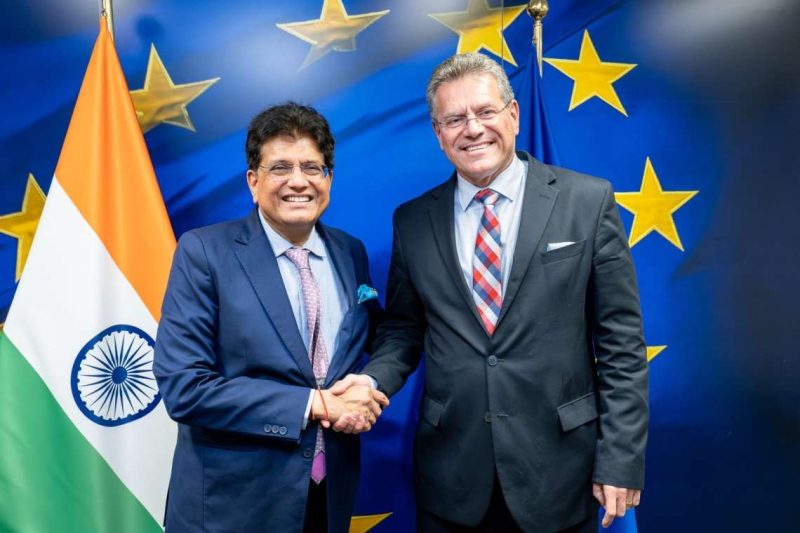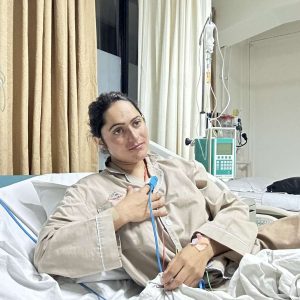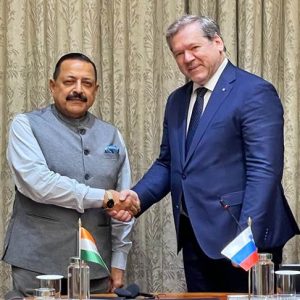Differing with Zanzmera, Congress Rajkot city committee President Pradip Trivedi said none of these theories and strategies are fool-proof and easy to implement…reports Asian Lite News
In the run-up to elections, as in Gujarat later this year, various theories are floated and considered by political parties on the method of candidate selection — like not repeating nominees, a three-term bar, keeping out those above 70 will be excluded. Politicians differ on them, with some saying none may be fool-proof, while others say they do achieve one key goal.
“For the first time, the no repeat theory was floated by the then Gujarat Chief Minister Narendra Modi in 2005 in civic and panchayat polls. It fetched him targeted results. Many young first timers got elected to the Municipal Corporations,” says Niranjan Zanzmera, president of the BJP Surat city Committee.
At the same time, he also believes that even after experimenting with such strategies, it is not easy to keep all party workers happy. For each seat there are at least 50 to 70 aspirants, but only one gets ticket. However, when a new face gets ticket to contest elections, it does increase the hope of others and they work for the party with more vigour.
Differing with Zanzmera, Congress Rajkot city committee President Pradip Trivedi said none of these theories and strategies are fool-proof and easy to implement. So till the last moment of filing nominations, equations keep changing and accordingly, parties have to change their strategies.
Each party has to take caste equations, and demography of the constituency into consideration before deciding on tickets and may have to compromise with their strategy, be it no repeat or others strategy, Trivedi says.
He cited examples of an experiment of 2002 and 2007 elections, when Leuva Patidar leader, Vitthal Radadia, who had strong influence over the community and voters, won election from Dhoraji seat in 2002, but his wife Chetnaben Radadia lost elections on Kalavad seat against BJP’s R.C. Faldu.
In the same way in 2007 again, Vitthal Radadia won from Dhoraji seat, but his son Jayesh lost the elections on Rajkot South seat against BJP’s Govind Patel by a margin 35,643 votes. Experiments do not succeed all the time, he notes.
BJP’s Ahmedabad city committee General Secretary, Paresh Lakhani said that for some leaders, the result is not their concern, they simply implement and execute the strategies.
A leader wishing not to be quoted said some leaders become permanent members of some constituencies. They get re-elected from the same seat again and again, even for decades and others don’t get a chance. Citing the example of Vasan Ahir, he said no one is getting a chance from Anjar seat as he has been winning for the last three terms on BJP ticket.
Nitin Patel has won from Mehsana two times, and earlier from Kadi seat four times. Mohansinh Rathva got elected from Chhota Udepur assembly seat for a record 11 terms.
Congress’ former state unit President Amit Chavda was elected from Anklav for the last two terms. Earlier he got elected twice from Borsad seat. This seat was earlier represented by his uncle Madhavsinh Solanki and his cousin Bharatsinh for four terms. Because of such examples, young workers look for experiments.


